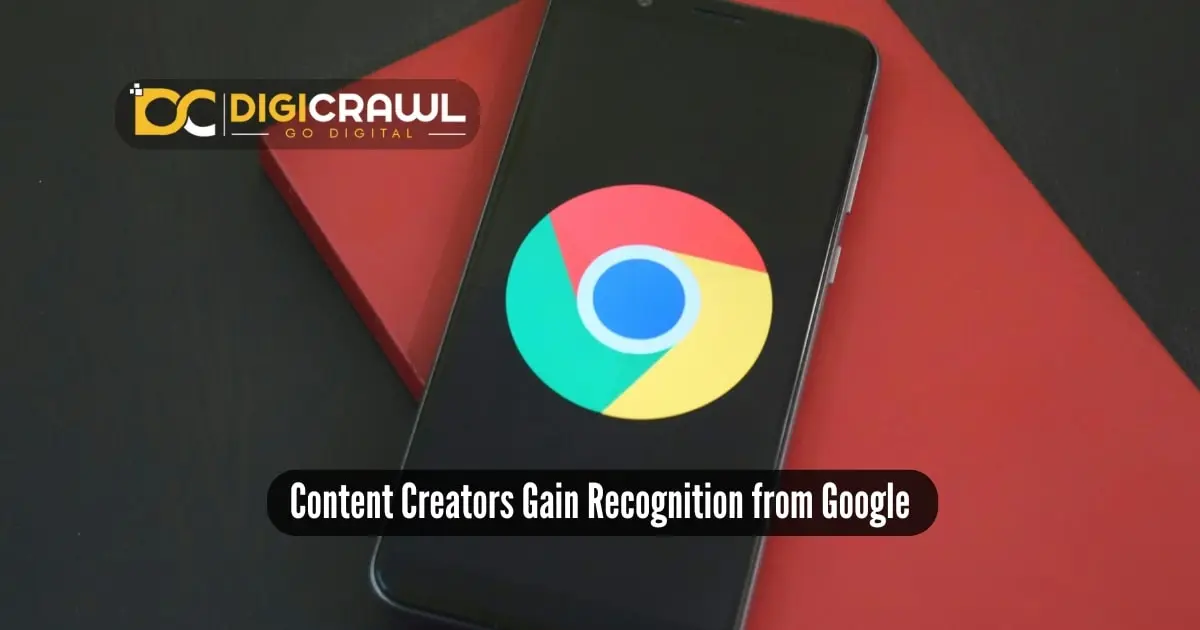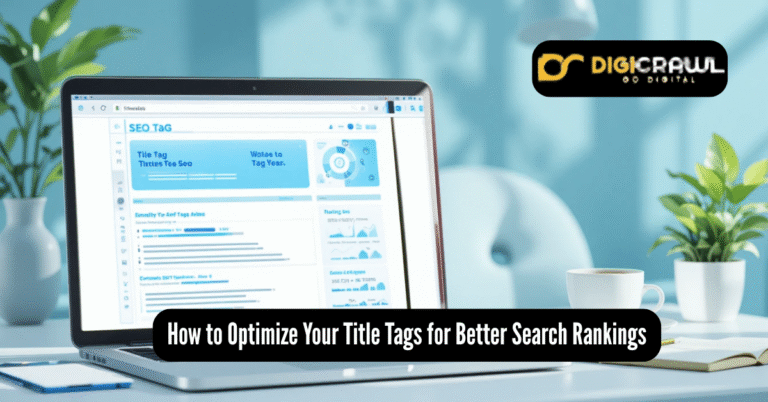Content Creators Gain Recognition from Google: A New Era for E-E-A-T and SEO
Google Now Recognizes Content Creators as Trusted Sources in Search Results. This shift is crucial for E-E-A-T (Experience, Expertise, Authoritativeness, and Trustworthiness) and provides Search Engine Optimization Experts with new opportunities to enhance their strategies by leveraging creator credibility.
Table of Contents
ToggleGoogle is now highlighting individuals it deems as content creators, recognizing their work by giving them greater visibility in search results. This article focuses on how Google is recognizing content creators and highlighting its impact on content marketing and authority, offering tips to SEO professionals on how to adapt their strategies in this changing environment.
Importance of E-E-A-T:
Builds Credibility with Search Engines: E-E-A-T helps local search engines results, like Google, evaluate the quality of content. Websites with following high levels of E-E-A-T are more likely to rank higher in search results, as they signal reliable information, especially for topics like health, finance, and news.
Increases User Trust: Highlighting the expertise builds users trust, leading to increased engagement, repeat visits, and a positive brand image. This is essential for fostering long-term customer relationships.
Reduces the Risk of Misinformation: Content created with E-E-A-T principles helps prevent the spread of false or misleading information. Ensuring that content is backed by trustworthy sources and enhances its accuracy, particularly for YMYL (Your Money or Your Life) topics.
Knowledge Graph Updates:
Improves Search Relevance: Knowledge Graph updates improves search engine results by connecting entities (people, places, things) with related facts and context. This helps users get concise and relevant information directly in search results, improving the overall user experience.
Example: Searching “Marie Curie” might bring up a Knowledge Graph panel with facts about her life, achievements, and related scientific concepts.
Supports Semantic Search: Knowledge Graph updates allow search engines to better understand the intent behind queries by linking concepts and entities. This leads to more accurate results to the related topics.
Enhances Brand Visibility: Businesses can take leverage from Knowledge Graph updates to improve their online presence. By claiming and optimizing their Knowledge Graph entries, brands can offer users verified information, such as contact details, services, and locations.
Example: Searching for “Nike” might display a Knowledge Graph featuring the company’s headquarters, products, and recent news.
Entity Tracking:
Enhances Personalization: Entity tracking enables search engines to follow across various platforms, offering users personalized and contextually relevant results based on their search history and interactions.
Example: If you frequently search for “Tesla,” future searches about electric cars may highlight Tesla-related content.
Improves Search Accuracy: By tracking entities, search engines can clarify terms that have multiple meanings and ensure the correct entity is presented. This results in more accurate and targeted search results.
Example: A search for “Apple” might show results for the tech company, distinguishing it from the fruit, based on your past searches.
Boosts Content Visibility: Entity tracking helps brands and businesses improve their visibility across different platforms by ensuring that all related content (news, social media, products) gets associated with their recognized entity.
Example: Searching “Nike athlete endorsements” might yield up-to-date info on athletes sponsored by Nike, thanks to the entity tracking.
Optimization Strategy:
To optimize for SEO, focus on three phases:
- Understanding: Create clear relationships between content creators and their work (e.g., personal websites, social profiles).
- Credibility: Establish connections between creators and their content (e.g., articles, videos).
- Delivery: Expand their digital footprint with clear, consistent, and relevant content.
Checking Recognition:
Search for an article title by a creator. If their name and description appear in the SERPs, Google recognizes the author.
Ongoing Maintenance:
Regularly track entity relationships and update content as necessary to maintain recognition in the Knowledge Graph.
Topical Authority:
Building topical authority involves developing relationships between the content creator and relevant topics, increasing the chances of gaining authoritative subtitles.
Emerging Trends:
Other AI and search engines (like ChatGPT, Siri) are adopting similar strategies to optimize data for their models.
Actionable Steps:
Drives Clear User Behavior: Actionable steps provide users with specific, easy-to-follow instructions, leading to desired outcomes such as form submissions, purchases, or sign-ups.
Example: “Click here to sign up” or “Add to cart” buttons guide users toward conversions.
Improves Content Usability: Breaking down big tasks into simple pieces,as the actionable steps makes content more accessible and helps users accomplish tasks without confusion.
Example: A blog post on “How to Set Up Google Analytics” might include steps like “Create a Google account,” “Set up a property,” etc.
Enhances Engagement: Offering clear next steps, such as “Download the guide” or “Book a consultation,” keeps users engaged and encourages higher interaction with your content.
Example: After reading a service description, users might be prompted to “Schedule a free consultation.”
This summary captures the recognition of content creators by Google and marks a significant shift in the evolving landscape of SEO and E-E-A-T, focusing on the importance of expertise in content creation.
By working on knowledge graph updates and entity tracking, businesses can enhance their online visibility and ensure that their content resonates with users. SEO professionals should focus on optimizing their strategies through a clear understanding of content relationships, establishing credibility, and maintaining ongoing content relevance.
As search engines evolve, adapting to these changes will be crucial for fostering trust, reducing misinformation, and ultimately driving user engagement and loyalty.
Embracing these trends will not only improve search rankings but also contribute to long-term customer relationships and brand authority in an increasingly competitive digital environment. If you need further details or specific examples, contact DIGICRAWL, trusted Digital Marketing Agency in Islamabad providing SEO solutions in Pakistan and abroad.







